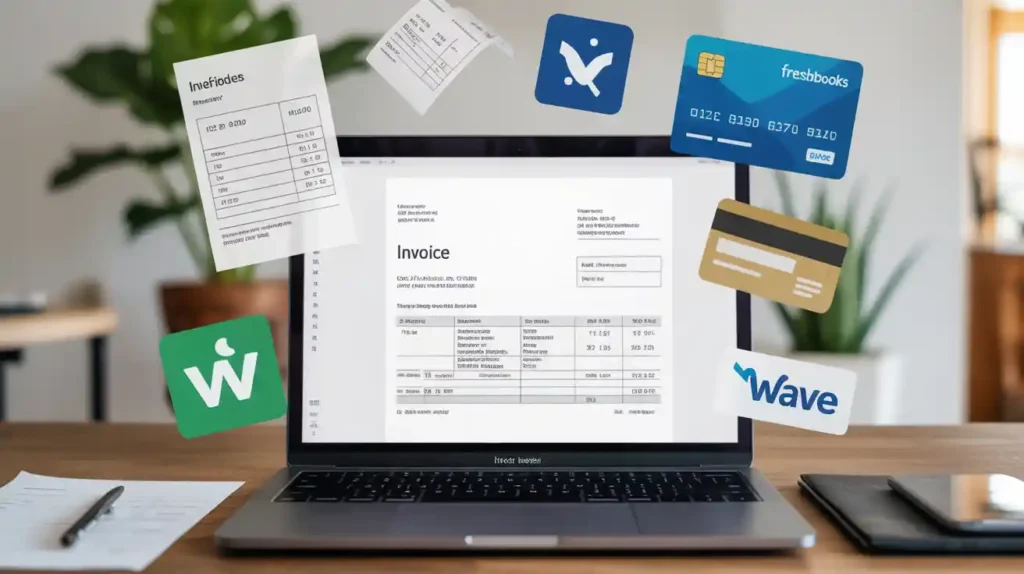“The Rise of the Solopreneur”
In an era defined by remote work, flexible careers, and digital-first business models, the “solopreneur” is no longer an anomaly—it’s a movement. Armed with powerful tech tools, individuals today are launching and scaling businesses single-handedly. From marketing to invoicing, sales funnels to customer support, solopreneurs are proving that you don’t need a team of 20 to build a thriving business.

Table of Contents
Here’s a look at the essential tech stack that every solopreneur needs to efficiently run a one-person operation—and a few inspiring examples of entrepreneurs who are doing it exceptionally well.
1. Customer Relationship Management (CRM): Keep Your Clients Close
A CRM isn’t just for large sales teams. Solopreneurs rely on CRMs to track leads, schedule follow-ups, and manage client communications without missing a beat.
Top Tools:
- HubSpot CRM (Free and paid plans): Intuitive, customizable, and integrates with email, social, and website activity.
- Zoho CRM: Lightweight and cost-effective, with AI predictions and workflow automation.
- Pipedrive: Visual sales pipeline ideal for freelancers and consultants who want simplicity without sacrificing power.
Real-World Use:
Take Rachel Rodgers, founder of Hello Seven, who grew her legal and business coaching services from a solo practice to a seven-figure brand. Early on, she relied on tools like HubSpot to streamline lead nurturing while focusing on building client relationships.

2. AI Productivity Tools: Automate, Delegate, and Accelerate
When you’re doing everything yourself, time is your most valuable currency. AI tools can take care of repetitive tasks, generate content, and even act as personal assistants.
Top Tools:
- ChatGPT: For drafting emails, blog posts, customer responses, and brainstorming marketing ideas.
- Notion AI: Turns your notes into actionable tasks, summarizes meetings, and organizes projects.
- Trello + Butler AI: Automates project management by creating rule-based workflows.
Real-World Use:
Justin Welsh, a solopreneur known for generating over $5 million in revenue from digital products, uses a stack that includes Notion, ChatGPT, and Zapier to run content, sales, and course creation—all by himself. His ability to systematize everything has allowed him to operate efficiently without burning out.

3. Marketing & Content Creation Tools: Build a Brand Without a Team
From email campaigns to social media and SEO, solopreneurs wear many marketing hats. The right tools can amplify your voice without draining your time.
Top Tools:
- Canva Pro: Create social media graphics, ebooks, and brand assets without a designer.
- MailerLite: Easy-to-use email marketing with automation workflows tailored for small businesses.
- Buffer or Later: Schedule and manage posts across multiple social platforms from one dashboard.
Real-World Use:
Nina Zadeh, co-founder of Sidewalker Daily, built a six-figure business helping creators pitch to brands. She runs much of the marketing herself using Canva, Mailchimp (now part of Intuit), and analytics from Buffer. Her visual brand consistency has played a key role in attracting both clients and course sales.
4. Invoicing & Payments: Get Paid with Zero Hassle
Efficient invoicing and easy payment processing are critical. Manual invoices and late payments can derail a solopreneur’s cash flow.
Top Tools:
- Wave: Free invoicing and accounting for small businesses.
- FreshBooks: Offers time tracking, invoicing, and expense management in one place.
- PayPal for Business or Stripe: Simplifies recurring payments and integrates with your website or landing pages.

Real-World Use:
Freelance designer Alexis Grant uses FreshBooks to manage client billing and automate recurring invoices. This has freed up hours per month, allowing her to take on more clients while maintaining clean, professional accounting records.
5. Customer Support Bots: Deliver 24/7 Service
Even a one-person operation can provide round-the-clock customer support with AI-powered bots and helpdesk tools.
Top Tools:
- Tidio: Live chat with AI automation tailored for small businesses.
- Intercom: Scalable from solopreneur to startup, with bots, helpdesk, and onboarding tools.
- Zoho Desk: Budget-friendly and great for managing tickets from multiple channels.
Real-World Use:
Solopreneur course creator Marie Poulin, who teaches Notion-based productivity, uses Tidio to answer FAQs, qualify leads, and collect customer feedback—all while she’s offline. This level of responsiveness has increased her course conversion rates and cut down on support emails.

6. Automation Platforms: Connect the Dots
No tool is an island. Automation platforms help solopreneurs connect different apps to create seamless workflows.
Top Tools:
- Zapier: Automate tasks between over 6,000 apps.
- Make.com (formerly Integromat): A more visual and cost-effective alternative for complex workflows.
Real-World Use:
Content strategist Kaleigh Moore uses Zapier to automatically send client form responses to her CRM, create calendar events, and even generate invoices in FreshBooks—all triggered by a single form submission.
